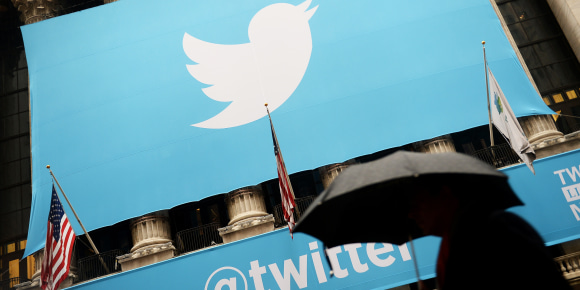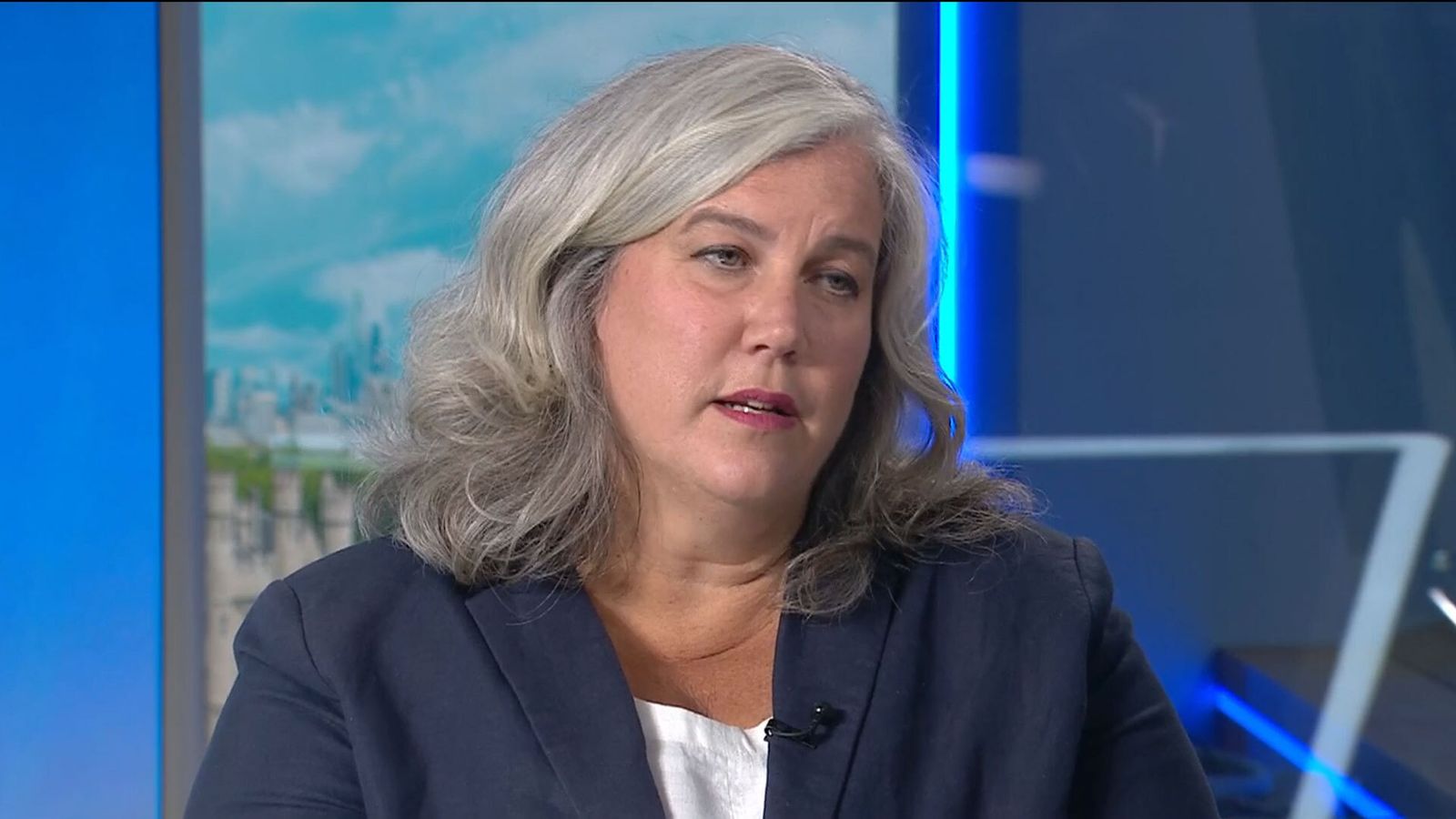Here's what happens to Twitter's stock now that it's a private company
Most Twitter shareholders need only sit back and wait to get paid, one expert said.

By Rob Wile
Now that Elon Musk has closed on his acquisition of the social media platform Twitter, what happens to Twitter's stock?
The transaction to make Twitter a private company was completed late Thursday, according to a Securities and Exchange Commission document. By Friday morning, Twitter's stock had already stopped trading on the New York Stock Exchange, where it had been listed since 2013.
Next, Twitter will get a record of everyone who owned shares as of Thursday night's closing. The majority of shareholders will likely be represented by brokerage agents, according to Brian Quinn, a professor of securities law at Boston College.
It's these agents who will be paid the $54.20 owed for each share, Quinn said. That was the price Musk agreed to pay for the company, and the price Twitter shareholders approved by a 98% margin in September.
So most Twitter shareholders now only need to sit back and wait to get paid, Quinn said. And the payout should happen soon.
"You don’t have to do anything; your broker will handle all of that," Quinn said. "And it will happen in the next week or so. It won't take long."
On the other hand, Twitter shareholders no longer retain any rights to the company. That means a shareholder cannot attempt to convene a new meeting, or sue the company as someone who owns the stock.
"They'd have no standing," Quinn said. "The only thing you can do is wait to get paid $54.20 a share."
Quinn added that that price represents a great return on investment for most Twitter shareholders, given the stock market drops that other tech companies, like Snapchat and Facebook's Meta have experienced.
"It's better than they could have possibly have imagined," Quinn said of the final sale price for Twitter shares.
In addition to private asset management firms and large individual stockholders like cofounder Jack Dorsey, Twitter's largest shareholders included pension funds that invest for teachers, police officers and state workers in New York, California, Florida, and Wisconsin, Reuters reported.







